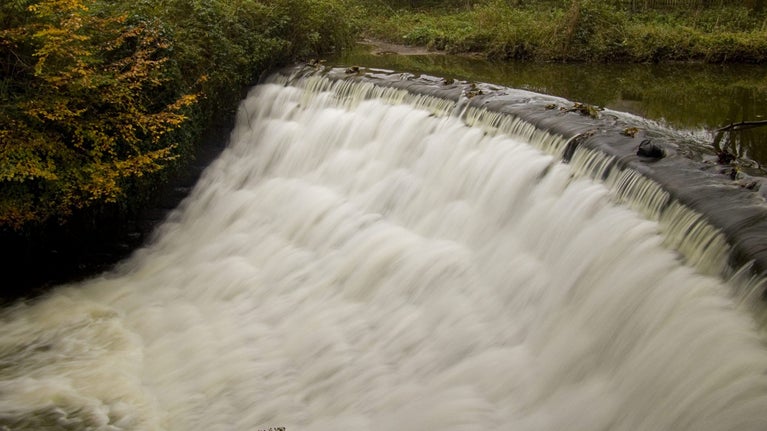June 2025
Species Recovery Project – Chapel Woods
Work is currently underway in Chapel Woods to improve water quality, boost biodiversity, and create thriving habitats for wildlife. These efforts will also encourage the growth and diversity of wetland plant species.
To support this, 35 engineered log jams will be installed at natural pinch points along the watercourse. These structures will help to slow the flow of water and trap silt, creating better conditions for aquatic life.
Approximately 650 metres of four-strand wire fencing will be erected to protect vulnerable areas. This will allow vegetation to establish naturally and help stabilise the eroding embankments.
Native shrubs will be planted to create a healthy understorey in parts of the woodland where soil compaction and erosion are less severe. Species will include hazel, hawthorn, holly, wych elm, rowan, oak, crab apple, guelder rose, dog rose and field maple.
To further enrich the woodland floor, a small number of ferns, ramsons and bluebells will be carefully relocated from nearby areas. These species will help to establish a diverse and resilient ground flora beneath the new shrub layer.













